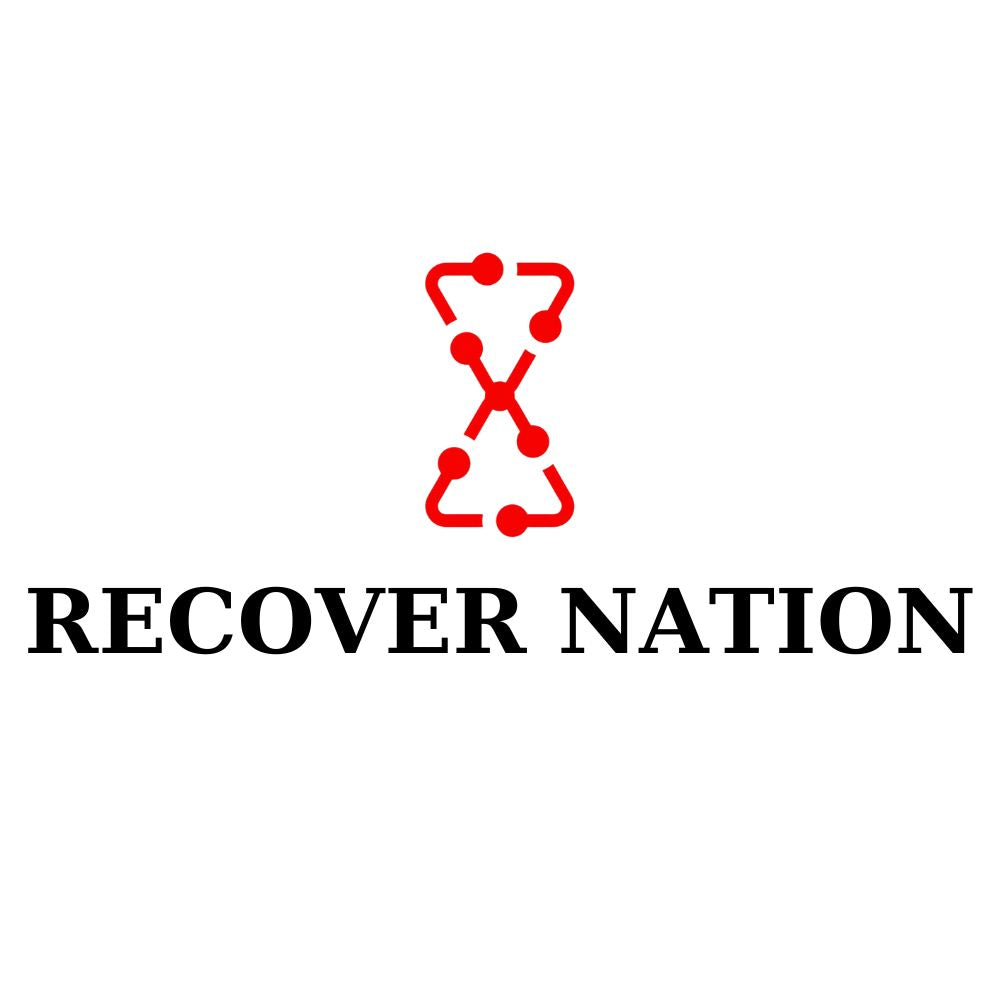Biohacking refers to the practice of making small, incremental changes to one's lifestyle, diet, environment, or biology with the goal of enhancing physical and cognitive performance, optimizing health, and achieving overall well-being. It involves using a combination of scientific knowledge, technological tools, and personal experimentation to improve various aspects of life.
Components of Biohacking:
-
Nutrition and Diet: Biohackers often experiment with different diets, supplements, and nutrient timing to optimize energy levels, mental clarity, and overall health.
-
Exercise and Fitness: Tailoring exercise routines, exploring high-intensity interval training (HIIT), or utilizing specific techniques for muscle recovery and performance enhancement are common in biohacking.
-
Sleep Optimization: Focus on improving sleep quality, experimenting with sleep patterns, and using tools like sleep trackers to understand sleep cycles and enhance restorative sleep.
-
Stress Management: Employing stress-reduction techniques such as meditation, mindfulness, or breathwork to improve mental well-being and resilience.
-
Use of Technology and Wearables: Utilizing wearable devices, apps, and gadgets for tracking health metrics, monitoring activity levels, and analyzing biological data.
-
Mind-Body Practices: Incorporating practices like biofeedback, neurofeedback, and cognitive enhancement exercises to improve focus, memory, and mental performance.
Importance and Goals of Biohacking:
-
Personalized Optimization: Biohacking emphasizes individualized approaches to health and performance enhancement, acknowledging that what works for one person might not work for another.
-
Continuous Improvement: The core philosophy revolves around the idea of ongoing self-experimentation and iteration to achieve incremental improvements in different areas of life.
-
Wellness Enhancement: Biohacking aims to optimize health, longevity, and cognitive function by leveraging scientific understanding, technology, and lifestyle modifications.
Who Engages in Biohacking?
Biohacking is a diverse practice embraced by various individuals:
-
Health Enthusiasts: People seeking ways to improve their health, energy levels, and overall well-being.
-
Athletes and Performers: Those aiming to enhance physical performance, recovery, and cognitive function for better athletic or professional performance.
-
Individuals with Specific Health Goals: People dealing with chronic conditions or seeking specific health improvements often explore biohacking techniques.
Conclusion:
Biohacking represents a proactive approach to health and performance optimization. It involves a combination of personalized experimentation, scientific understanding, and technology utilization to achieve incremental improvements in various aspects of life. While biohacking offers opportunities for self-improvement, it's essential to approach it responsibly, ensuring that practices are safe, well-researched, and aligned with individual health goals.

